Back when I first became a hardcore Eurovision fan and started diving into the older contests that I’d missed by virtue of being too young or (in most cases) not yet born, I vividly remember a thought occurring to me: “One day I’ll have seen and heard every Eurovision song. What on earth will I do then?!”
This was before the spread of the Internet and the accompanying rise of file-sharing platforms and, ultimately, YouTube. Nowadays, the answer to that question is obvious: There are literally hundreds and hundreds of old national finals, still largely unwatched by most ESC fans, waiting to be discovered and eager to reveal the gems hidden within. Ideally accompanied by a bottle of wine, some snacks and good company, whether in real life or in our chat.
Jugovizija, the national format used by Yugoslavia to select its ESC contribution from 1961 to 1992, is less well-documented on YouTube than many other countries’ equivalent shows, but fortunately a good amount of footage still survives and has been uploaded by generous users. The concept behind Jugovizija was effectively a mini-Eurovision in itself. Each of the constituent republics of Yugoslavia submitted one or more entries (the rules and quotas changed every year), which essentially represented “their” local TV station for the right to represent the country as a whole.
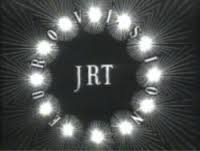
By the 1980s, the Jugovizija line-up was composed of entries from the six republics we now know as the “ex-Yugoslav” nations in ESC – Slovenia, Croatia, Bosnia and Herzegovina, Serbia, Montenegro and Macedonia – as well the autonomous provinces within Serbia, namely Vojvodina and Kosovo. And the latter is where our escgo! Classics series begins.
While Croatia, for example, enjoyed great success at Jugovizija, ultimately being responsible for around half of Yugoslavia’s ESC output, Kosovo and broadcaster RTV Priština generally found the preselection to be something of an uphill battle – partly because their entries were usually sung in Albanian.
Of course, that’s a language we’ve encountered at ESC a few times since Albania made its debut in 2004, with the likes of Rona Nishliu demonstrating that it doesn’t have to be a barrier to a good result. By allowing a minority language into the Yugoslav final, however, Jugovizija provides us with an intriguing insight into the kind of entries Albania might have sent in the 1980s, back when the country was still something of a mysterious question-mark on the mental map of most Europeans.
And there’s little more intriguing than “Fjollat”, RTV Priština’s Jugovizija submission in 1989, performed by the stylish Trio Rona (no relation to Ms. Nishliu, or so I understand).
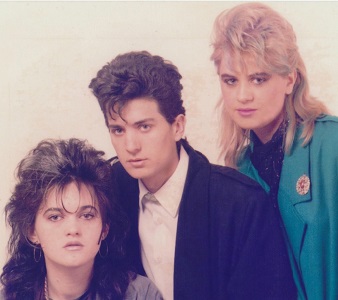
The Jugovizija entries from Kosovo were often dark or inaccessible ballads, but “Fjollat” is an obvious attempt to mimic the happy up-tempo sound that Yugoslavia was successfully deploying at ESC in the late 1980s. Unfortunately, it suffers from a few equally obvious problems.
Take the shrieking backing vocalists, for a start. There’s no obvious reason why they’re standing on top of a tall podium, far removed from the action on the main stage, unless it’s to try and make them less prominent in the vocal mix. Sadly, it didn’t work.
There’s the amateurish dance routine, too – and the fact that the song title “Fjollat” apparently translates as… “Flakes”. With no further knowledge of Albanian, I can’t confirm whether they’re singing about snowflakes, Cornflakes or dandruff flakes. Perhaps it’s all three. Either way, let’s dwell on that for a moment longer: This is a happy, lightweight pop song called “Flakes”.
Oh, and then there’s the fact that Trio Rona’s first performance of “Fjollat” was plagued by that most pre-digital of interruptions:
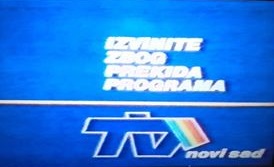
Fortunately, they were allowed to sing again after the final entry was performed, not that it helped them much in the voting; they finished 15th out of 16 participants.
Meanwhile, “Rock Me”, the song that triumphed at Jugovizija 1989, went on to win that year’s Eurovision Song Contest and bring the international event to Zagreb in 1990 – just as it was starting to become evident that there wouldn’t be a Jugovizija in its current form for much longer.
“Fjollat”, on the other hand, went nowhere in particular – except straight into my heart from the very first moment I saw and heard it. It’s everything an old national final discovery should be, and I can think of no better way to kick off this series of classic moments from Eurovision’s extended history. Enjoy!

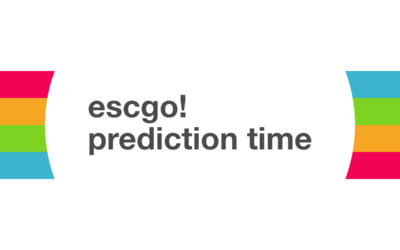



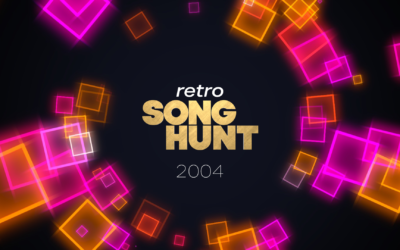
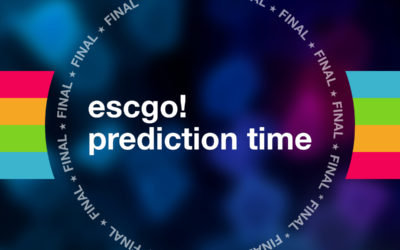


0 Comments